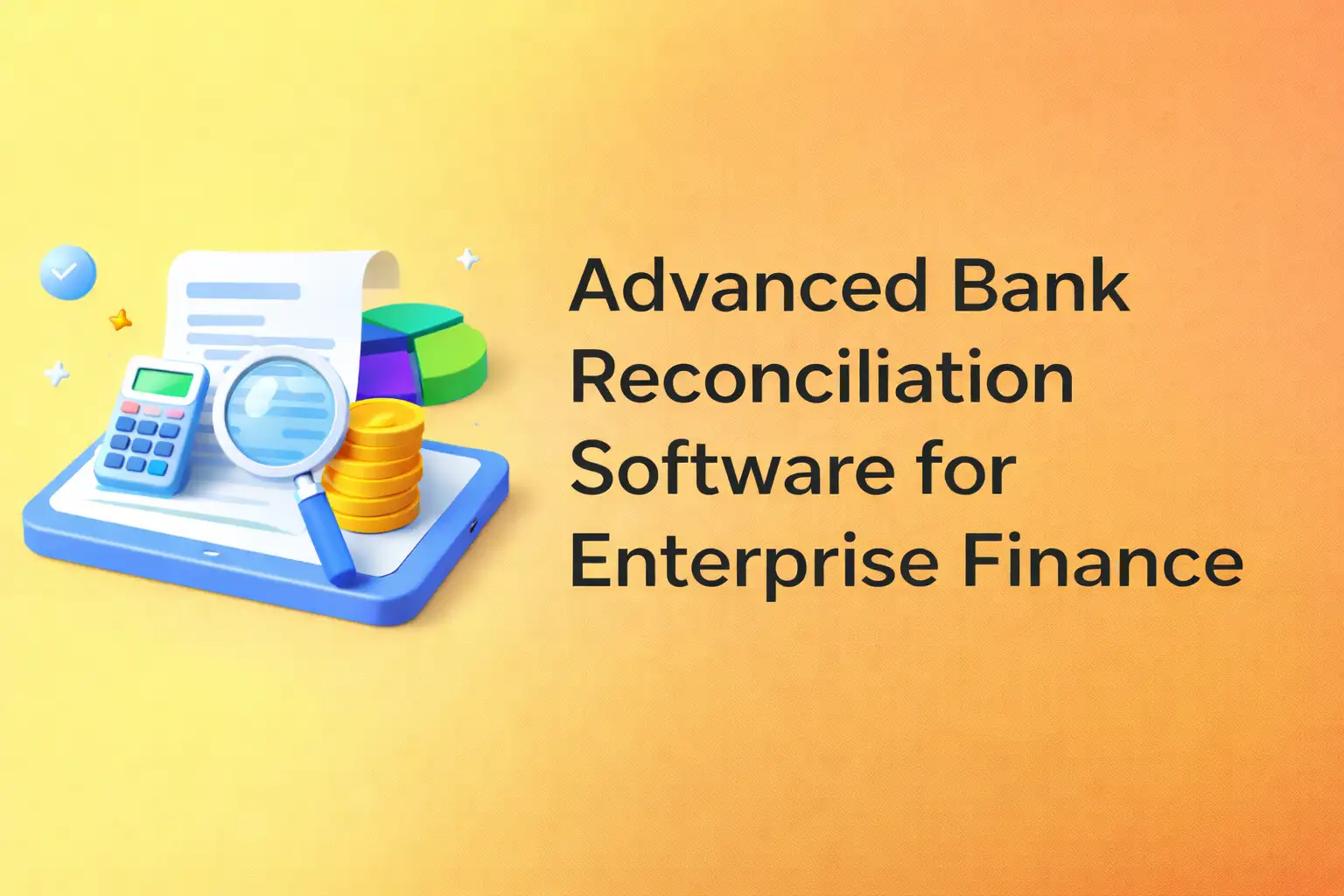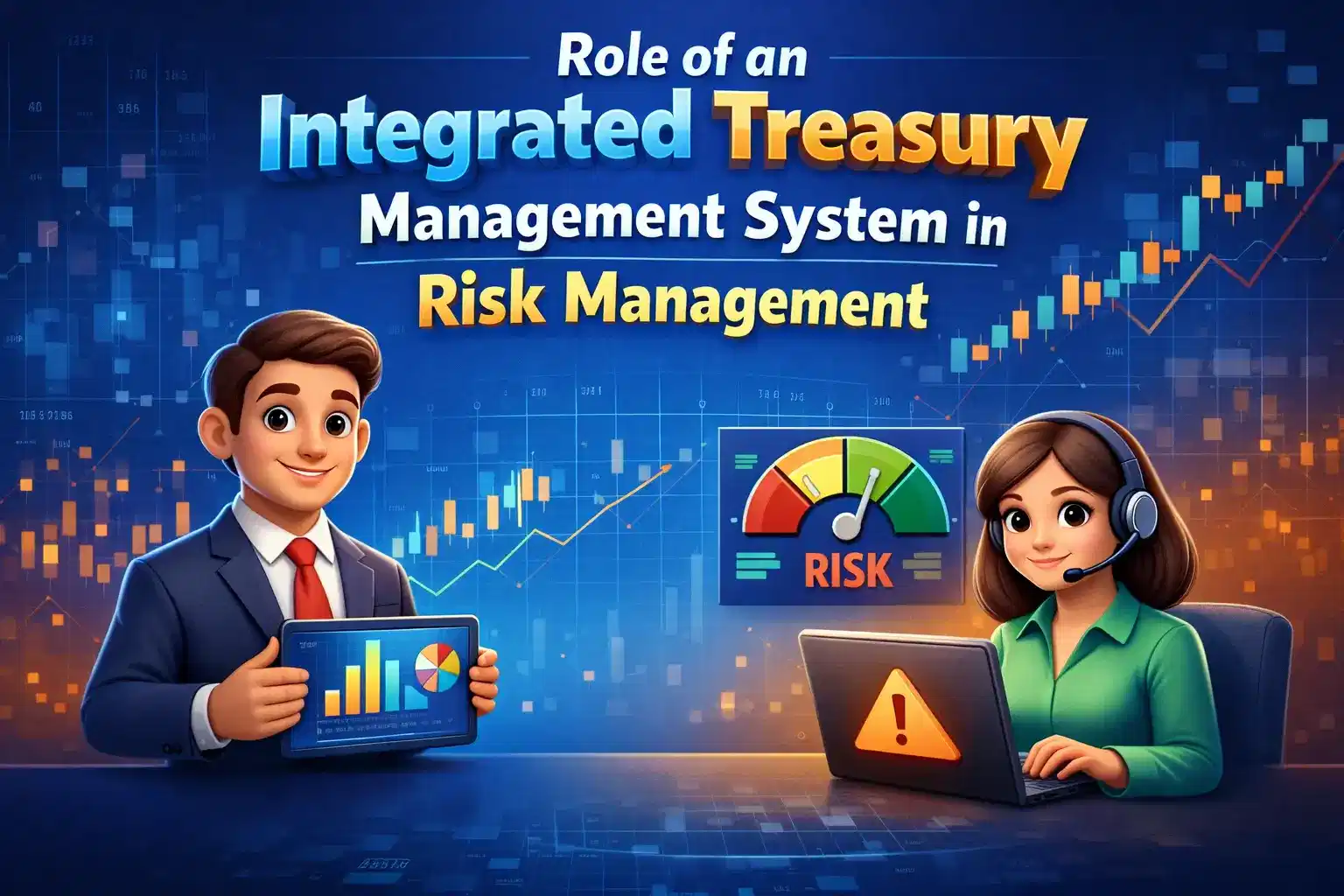Addressing the Talent Gap: Upskilling Finance Professionals for the Age of Automation
73% of finance leaders now see upskilling as key to using automation fully. This shows a big change in the finance world. Companies are facing a talent gap, with 77% of CFOs saying they lack skilled finance staff.
This makes upskilling and reskilling more urgent than ever. The finance sector is changing fast, thanks to AI and automation. CFOs must now rethink their teams and how they work to stay strong.
80% of finance workers believe in learning continuously to move up in their careers. The finance world is at a turning point. Upskilling is not just a good idea; it's a must to stay ahead and use new tech fully.

Key Takeaways
- 73% of finance leaders acknowledge the critical need for upskilling to leverage automation's full potential.
- 77% of CFOs consider the talent gap a major challenge in the finance sector
- Upskilling is essential for maintaining competitiveness and adapting to the digital transformation of finance roles
- Continuous learning is critical for career advancement, with 80% of finance professionals prioritizing it
- The finance industry faces a pressing need to bridge the skills gap and reskill the workforce for the age of automation
Understanding the Current Finance Industry Skills Crisis
The finance industry is facing a big talent shortage. 84% of Chief Financial Officers (CFOs) find it hard to find the right people for key jobs. This problem is made worse because fewer students are picking finance as a career. Also, over 75% of Certified Public Accountants (CPAs) are getting ready to retire.
This situation makes it hard for the industry to stay efficient and competitive. It needs to find ways to fill these gaps.
Key Statistics on Finance Talent Shortage
- The Wall Street Journal reports that 82% of the accountants who exited the profession in 2023 had at least six years of experience.
- There has been a drop in graduates choosing accounting as a major, starting from 2016.
- Gen Z new entrants value skill building (63%), values alignment (65%), and flexibility (82%) in their career choices.
Impact of Digital Transformation on Traditional Roles
Digital transformation has changed traditional finance jobs. New skills are needed because of emerging finance technologies like automation and data analytics. This change has made it essential for finance professionals to learn new things.
This shift has a big impact on the industry. It's important to focus on how to handle the digital transformation in finance.
Critical Areas Requiring Immediate Attention
- Proficiency in AI and automation technologies
- Expertise in data analytics and data-driven decision-making
- Strategic advisory capabilities to support business growth and transformation
To solve the finance industry skills crisis, companies need to focus on upskilling and reskilling. They must make sure their workers have the skills needed for the digital age. This will require a big effort in talent development and a commitment to ongoing learning.
The Evolution of Finance Roles in the Digital Era
The finance world is changing fast, thanks to new tech like automation and AI. Old finance jobs are becoming new ones, giving finance pros a chance to do more important work.
Experts say up to 40% of finance work could change with AI. This tech can do tasks like data analysis and report making. It lets finance pros focus on bigger, more complex tasks.
Now, finance jobs need both tech skills and soft skills. Pros need to know about data analytics, machine learning, and RPA in finance. They also need to be good at giving advice and talking to others.
Finance jobs are becoming more about data and tech. Pros need to learn about business, not just one area. This helps them adapt and grow in different parts of the company.
Finance teams that succeed will use new tech and skills. They'll make smart decisions and add value to the company.
Also Read: How Will AI Impact Finance? New Research Uncovers Key Findings
Upskilling Finance Professionals for Automation
The finance industry is changing fast, and finance pros need to upskill. They must learn both technical and soft skills to keep up. This is key to future-proofing their careers.
Core Competencies for Modern Finance Professionals
Today's finance pros need to know how to use automated systems, data analytics, and AI. These skills help them work in a world where finance is more automated and tech-driven.
Technical Skills Development Framework
The framework for technical skills should include finance reporting automation and integrated treasury systems. Learning these tools helps finance pros work better, make data more accurate, and be more productive.
Soft Skills Enhancement Strategies
Finance pros also need to work on soft skills like communication, leadership, and strategic thinking. These skills help them become valuable business advisors. They can turn financial insights into strategies that grow the business.

Investing in upskilling finance pros is vital for companies to stay ahead. It helps them deal with automation and digital changes. This approach is essential for finance talent development and success in the automated age.
Building a Digital-First Finance Team Culture
The finance world is changing fast, and it's key to adapt. Creating a culture that loves this new digital world is vital. This means using smart change management, keeping employees happy, and measuring success well.
Change Management Strategies
Switching to a digital-first way of thinking needs a clear plan. Leaders must explain how new tech, like AI, will change the game. They should show how these tools can make work more meaningful and exciting.
Accenture found that AI can help finance pros do less repetitive work. This lets them tackle more important tasks.
Employee Engagement Initiatives
Getting everyone on board is key to a successful change. It's important to engage finance teams with training, teamwork, and rewards for learning new digital skills. This builds excitement and a sense of belonging.
Performance Measurement Metrics
It's important to update how we measure success in the digital age. Leaders should look at more than just technical skills. They should focus on strategic thinking, efficiency, and using tech to improve business outcomes.
By focusing on change, engagement, and measuring success, finance teams can grow. They'll be ready to excel in the digital world and improve their skills.
Also Read: Embracing AI: Transforming Finance Workflows In The Age Of Automation
Strategic Implementation of Upskilling Programs
To tackle the ai talent gap in finance, a smart plan for upskilling is needed. These programs teach the newest automation tech, how to apply it, and in real-world settings. McKinsey found that companies that upskill see a 60% better financial accuracy and faster processing.
Good upskilling programs must fit the specific needs found through regular checks. This makes sure finance pros have the skills to do well in the automated world. By focusing on both technical and soft skills, companies can build a team that's ready for digital changes and innovation.
- Do skills checks to find out what needs work right away.
- Create a plan for learning technical skills like AI and data analysis.
- Work on soft skills like solving problems and thinking critically.
- Keep learning going with online courses, certifications, and mentorship.
- Check how well upskilling is working by looking at results and ROI.
With a smart plan for upskilling, companies can fill the ai talent gap in finance. This sets their teams up for success in the digital age.
Role of Leadership in Finance Transformation
In today's digital world, finance leaders are key in training their teams for the future. CFOs need to set a clear vision, manage resources well, and support ongoing learning. This is essential for finance talent development.
Creating a Vision for Change
A successful finance transformation starts with a clear vision. CFOs must explain why upskilling is important. They should talk about how it will help the company perform better and keep employees happy.
By sharing a common goal, leaders can build a culture of learning and innovation. This is vital for the team's growth.
Resource Allocation and Support
To start a finance talent development program, you need resources. CFOs must set aside money for training and new tech. They also need to give their teams the time and tools to learn.
Measuring Success and ROI
CFOs must track how well their training programs are doing. They should look at things like better financial reports and happier employees. This helps them make smart choices for future training.
Leaders are vital in helping finance teams adapt to the digital age. By setting goals, using resources wisely, and checking progress, CFOs can lead their companies to success and growth.
Also Read: Advanced Financial Automation Tools Every CFO Should Know About
Bridging the Generation Gap in Finance Teams
In the fast-changing world of finance, it's key to bridge the generation gap in teams. This helps in upskilling and adapting to new changes. Finance pros from different ages bring unique views, skills, and experiences. Using these differences can make teams more innovative and strong.
Younger finance pros are great at new tech and digital tools. They bring fresh ideas on making work better and using the latest solutions. Older team members, with their deep industry knowledge and strategic thinking, can guide the younger ones. They help them understand the finance world better.
To bridge the gap, it's important to create a culture of sharing knowledge. Setting up mentorship programs is a good start. This way, experienced and younger team members can learn from each other. It boosts everyone's skills and makes the team more united and flexible.
Finance leaders also need to tackle the bridging skills gap by investing in training. This could be through cross-training, job swaps, or team projects. These activities help team members learn from each other and grow.
By valuing the strengths of all generations and creating a learning environment, finance teams can handle digital changes better. This approach not only closes the generation gap but also makes the finance team a strategic and adaptable partner in the company.
Continuous Learning and Professional Development
The finance world is always changing, making it key for professionals to keep learning. Sites like Coursera, Udemy, and LinkedIn Learning have many courses. These help finance teams get better at things like automated account checks, data analysis, and digital changes.
Online Learning Platforms and Resources
These online places let finance pros learn when they want. They get to use the latest info and get certifications. This way, finance teams can grow their skills and keep up with the fast-changing world.
Certification Programs and Their Value
Getting certifications shows that finance pros are serious about their work. Things like the Certified Public Accountant (CPA) and Certified Management Accountant (CMA) are very respected. They show a deep knowledge of finance and technology.
Mentorship and Knowledge Transfer
Mentorship in finance helps share knowledge and insights. It pairs experienced people with those who are newer or in the middle of their careers. This helps with soft skills, leadership, and understanding the best ways to do things in finance.
The Institute of Management Accountants (IMA) says 80% of finance pros think learning is key for moving up. By always learning, finance teams can get better and be ready for the digital future.
Also Read: Getting AI right: How automation can help manage your business finances
Measuring Success in Finance Upskilling Initiatives
Finance pros face a new world with automation. It's key to measure upskilling success to show value and plan better. By using the right metrics, ROI checks, and long-term views, companies can make sure their finance career investments are worth it.
Key Performance Indicators
Good upskilling programs show real improvements in finance work. Look at these key areas:
- Increased financial accuracy and faster processing
- Better strategic thinking and decision-making
- Improved compliance and risk handling
- Higher employee productivity and happiness
ROI Assessment Methods
When checking ROI for finance upskilling, look at both clear and hidden benefits. Clear benefits include saving money, making more, and working better. Hidden benefits, like smarter decisions, better risk handling, and happier employees, are also important.
Long-term Impact Analysis
For real success in future-proofing finance careers, look at long-term effects. See if the finance team can handle future challenges, stay competitive, and help the company's big goals. By watching how the team adapts and grows, leaders can see if their efforts are making a lasting difference.
Success in finance upskilling means looking at both short and long goals. Focus on key metrics, ROI, and long-term effects. This way, companies can make the most of their finance career investments and keep their teams thriving in the digital age.
Conclusion
Upskilling finance professionals for automation is key for staying competitive. The finance world needs to keep learning, use AI, and encourage new ideas. This way, they can grow and succeed in the digital age.
As the finance world changes, the need for experts in AI and data will grow. By teaching employees new skills, companies can lead in the digital shift. Upskilling makes the workforce ready for the future.
To succeed, finance teams need a plan that includes training, leadership, and ongoing learning. This approach helps unlock the team's full power. It makes them leaders in the automated world. The effort is worth it for lasting growth and success.
Also Read: How AI is Shaping the Future of Client Relations in Finance
FAQs
Q: How is digital transformation impacting traditional finance roles?
AI and automation are changing finance jobs, making CFOs rethink their teams. 84% of CFOs face big talent shortages. New skills like AI, data analytics, and strategy are now needed.
Q: What are the critical areas of focus for upskilling finance professionals?
Modern finance pros need skills in automated systems, data, and AI. They should learn about finance reporting, treasury systems, and reconciliation software. Soft skills like communication and leadership are also vital for advising the business.
Q: How can organizations build a digital-first finance team culture?
Creating a digital-first culture needs clear change management. This includes sharing the vision, engaging employees, and measuring performance. AI can make roles more strategic and satisfying.
Q: What is the role of leadership in finance transformation?
CFOs must lead the change, allocate resources, and support upskilling. Success is measured by better finances, efficiency, and employee happiness. Good upskilling makes financial reports clearer and more credible.
Q: How can organizations bridge the generation gap in finance teams?
To bridge the gap, use each generation's strengths. Younger staff bring new tech views, while older staff offer industry wisdom. Mentorship programs help in knowledge sharing.
Q: What resources are available for continuous learning and professional development in the finance industry?
Online platforms like Coursera and LinkedIn Learning offer many courses. Certifications prove skills in new tech. Mentorship programs help in navigating career changes.
Q: How can organizations measure the success of their finance upskilling initiatives?
Success is shown by better finance accuracy, faster processing, and strategic input. ROI should look at both cost savings and better decision-making. Long-term success means staying competitive in a changing finance world.
Contact us now










